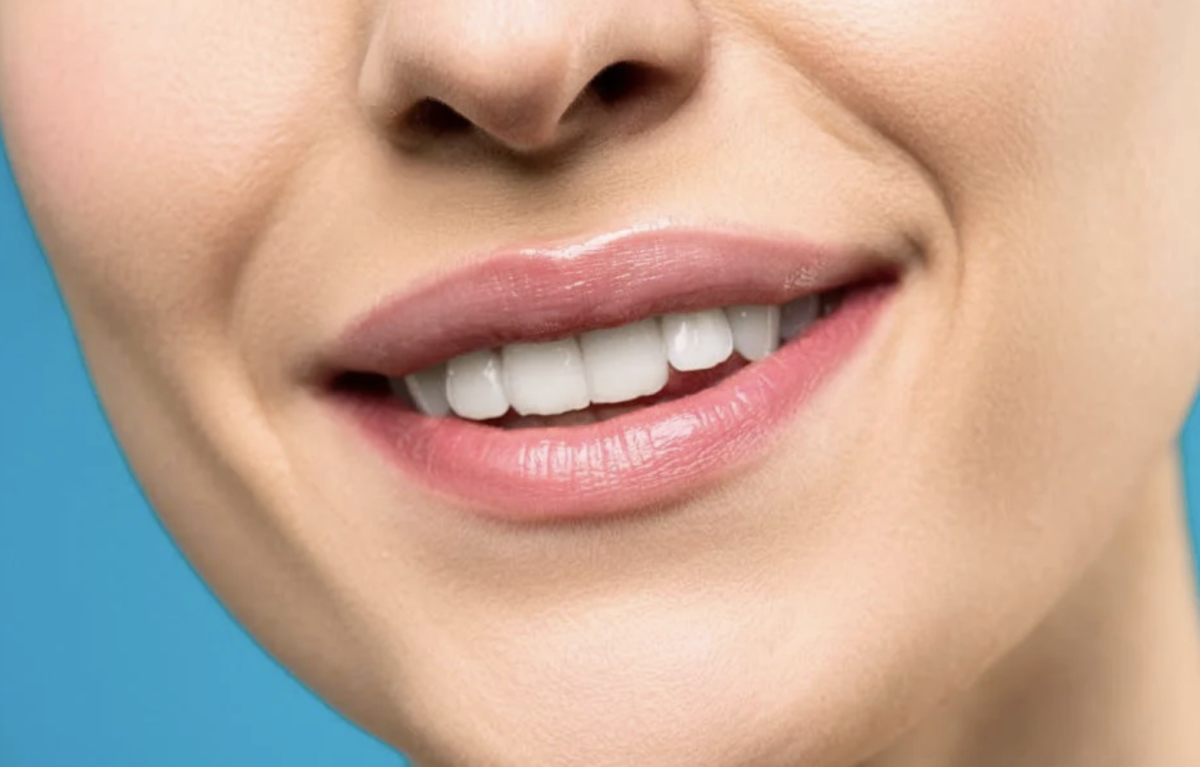
Disclaimer: The information in this article is for educational purposes only and is not intended as a substitute for professional medical advice, diagnosis or treatment. Always consult your doctor or another qualified health professional with any questions about a medical condition or before making any changes to your health routine.
Australia is facing a growing dental health challenge among seniors, and it may be linked to everyday habits that often go unnoticed. Recent research shows that more than half of Australians aged 65 and over are postponing important dental treatment because of cost, while about 16,000 seniors were admitted to hospital for painful dental problems in 2022–23. That number is projected to rise to 22,630 by 2027–28—a 42% increase that could place additional pressure on the healthcare system.
Now, a leading American dentist is sharing new insights about everyday habits that may be gradually harming teeth—advice that could be especially relevant for many Australian seniors who face challenges accessing dental care.
The $50,000 mistake you make without thinking
Dr Mark Burhenne, a California-based family dentist with more than 40 years of experience, has identified one everyday habit that almost everyone admits to making—and it could cause serious long-term damage.
‘I’d never open bottles, packages, or tags with my teeth,’ Dr Burhenne warns in his latest video, which has already attracted nearly 200,000 views. ‘You might not break a tooth that time, but the tooth could be irreparably damaged, turn grey, and cause a lifetime of dental work. I’ve seen it far too often.’
Using your teeth as a tool—whether it’s to rip open a packet of chips, pull off a clothing tag, or twist open a bottle cap—can cause microfractures that weaken enamel and lead to ongoing damage. The harm might not be visible immediately but can appear months or years later as discolouration, sensitivity, or cracking.
The hidden costs of bad dental habits
The financial toll of dental damage becomes even greater when viewed against the broader picture of oral health among older Australians. Those aged 65 and over had an average of 13.7 missing teeth in 2017–18—more than five times higher than younger adults aged 15–24, who averaged only 2.5 missing teeth.
About 15% of Australian seniors have lost all natural teeth (a condition known as edentulism), highlighting limited access to dental care and preventive services. Every damaged tooth from misuse adds to these worrying statistics.
Nearly half (47%) of seniors report serious oral issues such as tooth or gum pain, swelling, or infection—compared with just 36% of the general population. These problems often lead to hospital visits that could have been prevented with earlier, affordable dental care.
Australian seniors’ dental challenges by the numbers
55% delayed dental treatment due to cost in the last year
47% report debilitating oral issues (vs 36% of general population)
16,000 hospital admissions for dental problems in 2022–23
Expected rise to 22,630 admissions by 2027–28 (42% increase)
Average of 13.7 missing teeth among those aged 65+
Sleep matters more than you think
Dr Burhenne’s second major warning focuses on something many people dismiss as harmless—snoring. He calls it ‘sleep-disordered breathing’ rather than a simple annoyance, and with good reason.
‘It’s not funny, and it ain’t cute,’ he says. ‘That means inflammation, low oxygen, and increased risk for heart disease and Alzheimer’s.’
Experts agree that mouth breathing during sleep doesn’t just cause dry mouth—it also removes saliva’s natural protection against tooth decay and gum disease, while reducing oxygen flow that affects energy and concentration.
Sleep disorders can often be assessed through sleep studies when referred by a GP. Treatments can include simple nasal breathing training, mouth taping, dental devices, lifestyle changes, or CPAP therapy for more serious conditions.
Dr Burhenne also cautioned against overreliance on wellness fads: ‘It doesn’t matter how many supplements, ice baths, or gadgets you use—if your airway collapses at night, you’re stuck in survival mode.’
Source: Instagram / askthedentist
Smart swaps for better oral health
Beyond avoiding using teeth as tools and addressing sleep issues, Dr Burhenne shared several practical recommendations that could help seniors on tight budgets.
He suggests using nano-hydroxyapatite toothpaste instead of traditional fluoride toothpaste, explaining that hydroxyapatite helps rebuild enamel naturally while maintaining the mouth’s microbiome. ‘Fluoride works—but with a cost—and hydroxyapatite is scientifically proven to be just as effective, without the risks of fluoride, so this is a no-brainer to me.’
While these toothpastes can be more expensive, they’re increasingly available in Australian pharmacies and health stores, and the long-term benefits could outweigh the initial cost.
Dr Burhenne also warned against floss coated with PFAS—the same ‘forever chemicals’ found in non-stick cookware. ‘That slick coating? It’s the same chemical family as Teflon,’ he cautioned.
When small problems become big expenses
For seniors trying to manage on fixed incomes, Dr Burhenne stressed that even minor issues like a chipped or cracked tooth should never be ignored. ‘Even without pain, bacteria slip into the dentin and pulp, leading to infection months or years later. Always get it checked.’
Protect your teeth and your wallet
- Never use teeth to open packages, bottles, or tags
- Address snoring and breathing issues early
- Try nano-hydroxyapatite toothpaste for enamel repair
- Choose PFAS-free dental floss
- Get even minor tooth damage checked immediately
- Don’t delay treatment—early care saves money
Your mouth is the gateway to your health
Dr Burhenne’s holistic approach echoes growing evidence linking oral health with overall well-being. As fellow practitioner Dr Kelly McCann commented on his post: ‘The mouth truly is the gateway to the rest of the body—oral inflammation and microbial imbalance ripple through every system. So valuable to see dentistry emphasising whole-body health.’
For those experiencing persistent snoring, dry mouth, teeth grinding, or unexplained daytime fatigue, Dr Burhenne recommends consulting a GP or sleep specialist.
Taking action today
The message from Dr Burhenne’s 40 years of practice is clear: small habits make a big difference over time.
His straightforward, science-based advice has earned him a large following worldwide, and the principles apply no matter where you live.
Keeping your teeth out of the toolbox and your airways open could save you a significant amount of money and years of discomfort.
What everyday dental habits have you noticed in yourself or your family? Have you experienced the costly consequences of seemingly harmless shortcuts? Share your experiences in the comments below—your story might help another reader avoid an expensive dental mistake.







